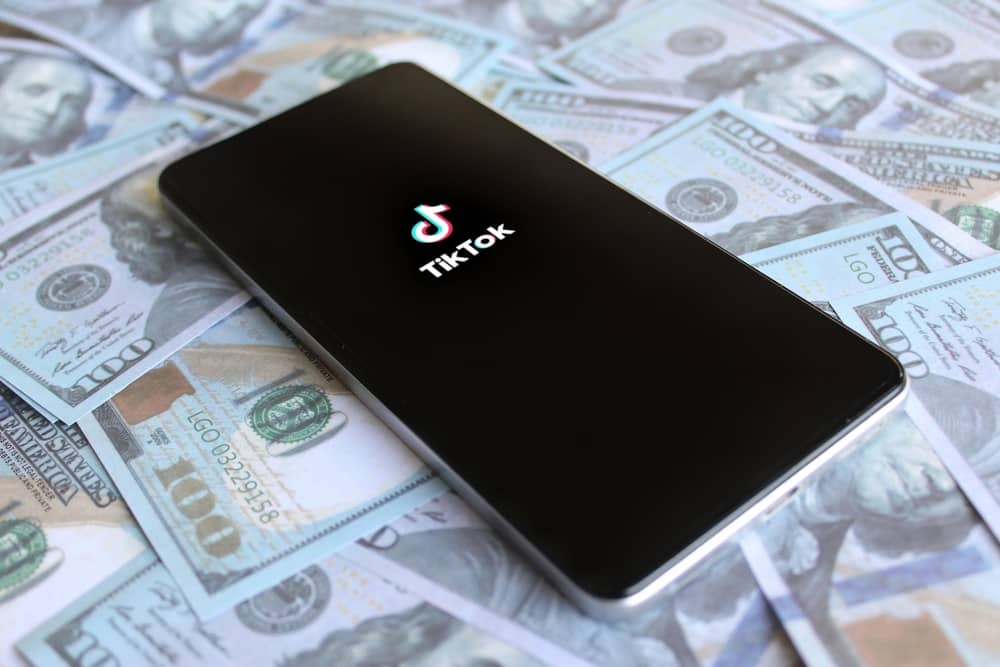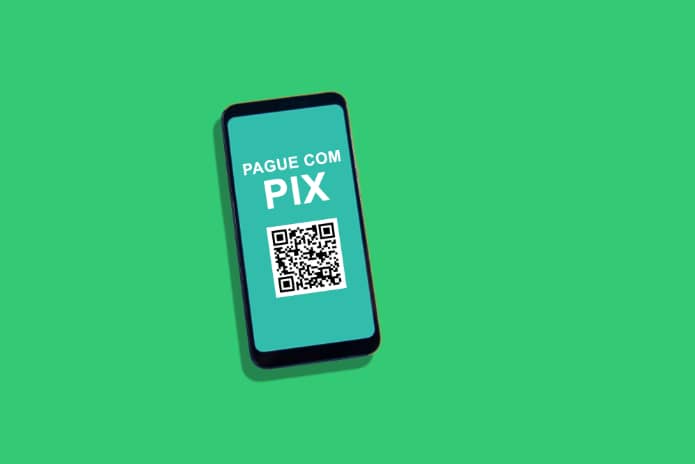In celebration of its 16th anniversary, MadeiraMadeira, the largest online furniture and decor platform in Latin America, launched a bold 100% cashback campaign to provide the best experience for its customers on one of the most important dates of the year and sold 50% more than previous campaigns, with a stronger week of sales since Black Friday 2024.
It was the first time the company adopted this incentive format, allowing consumers to purchase selected products and receive back 100% of the amount paid, in a limited-time promotional strategy. For Fábio Fadel, CRO (Chief Revenue Officer) of MadeiraMadeira, the action reflected how the company has been dedicated to offering innovative alternatives to improve the customer experience.
This year, we decided to invest in an initiative that combines technology, commercial intelligence, and a keen eye on consumer behavior. More than just boosting our sales, the goal was to enhance our users' experience, giving them back the power of choice. In our sector, we understand that the purchase value is often a decisive factor, but the long-term relationship we build with our customer base creates much more value and further strengthens loyalty, he comments.
With over 1,000 participating products, the promotion had strong appeal to the public, accounting for approximately 70% of sales during the first week of the month. The results show that the company has the capacity to create its own actions that are truly right. Among the most chosen items, some items stood out such as:
- Double wardrobe with mirror, 3 doors
- Couple's MDF Wardrobe with 08 Doors
- Couple Modular Wardrobe with 12 Doors
- Dining Room Set
- TV Panel Rack
This result reinforces that when we invest in bold campaigns that generate value for our entire ecosystem, we go beyond sales: we offer real opportunities for more people to achieve their dream home, concludes the executive. Until the end of July, the company still offers free shipping, 20% OFF with PIX, and discounts of up to 60% on thousands of products on the website and app. To stay updated on all the brand's special birthday promotions, just download the MadeiraMadeira app, available for Android and iOS viaGoogle PlayandApple Store.











